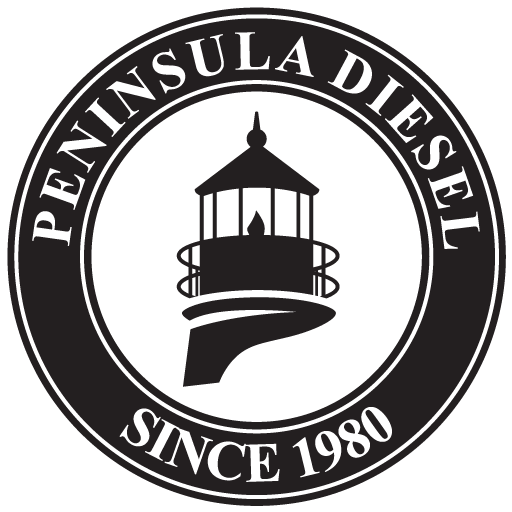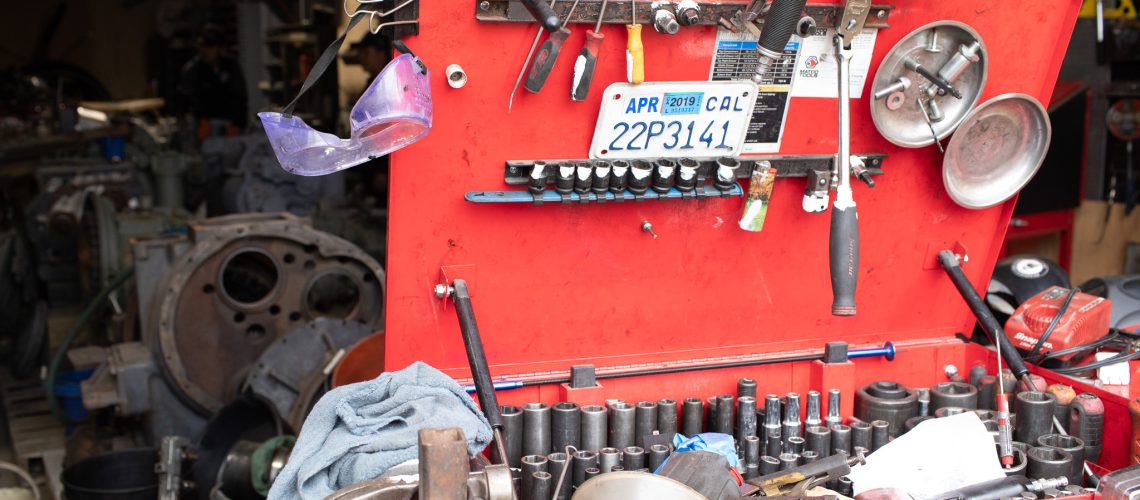Choosing the right marine engine for your vessel is crucial for ensuring optimal performance, fuel efficiency, and longevity. With various types and models available, it can be challenging to make the best decision. This comprehensive guide will help you navigate through the key factors to consider when selecting the perfect marine engine for your boat.
1. Determine Your Vessel’s Requirements
a. Vessel Size and Type:
- Small Boats: Outboard engines are ideal for small boats like dinghies, skiffs, and small fishing boats. They are easy to maintain and offer good fuel efficiency.
- Medium Boats: Inboard or stern drive engines work well for medium-sized vessels, including cruisers and larger fishing boats. They provide more power and stability.
- Large Boats: For yachts, commercial vessels, and large fishing boats, inboard engines or diesel engines are recommended due to their high power output and durability.
b. Intended Use:
- Recreational Use: If you use your boat for leisure activities, fuel efficiency and quiet operation may be your top priorities.
- Commercial Use: For commercial vessels, reliability, power, and low maintenance are essential. Consider engines designed for heavy-duty use.
c. Weight and Space Constraints:
- Ensure the engine fits within the space available in your vessel’s engine compartment. Also, consider the weight of the engine and its impact on the vessel’s balance and stability.
2. Understand Engine Types
a. Outboard Engines:
- Mounted externally on the transom.
- Ideal for small to medium boats.
- Easy to maintain and replace.
b. Inboard Engines:
- Installed within the hull.
- Suitable for medium to large boats.
- Provides a lower center of gravity, improving stability.
c. Sterndrive Engines:
- Combines features of both inboard and outboard engines.
- Mounted inside the boat but with a drive unit extending through the transom.
- Offers good power and maneuverability.
d. Diesel Engines:
- Best for large, commercial vessels.
- Known for durability, fuel efficiency, and long-term cost-effectiveness.
3. Power and Performance
a. Horsepower (HP):
- Ensure the engine’s horsepower matches the requirements of your vessel. Overpowering can lead to safety issues, while underpowering can result in poor performance.
b. Torque:
- Consider the torque of the engine, especially for larger vessels that require more power to move through water.
c. Fuel Efficiency:
- Look for engines that offer good fuel economy to reduce operating costs and environmental impact.
4. Fuel Type
a. Gasoline:
- Commonly used for small to medium-sized boats.
- Generally cheaper upfront but may be less efficient over long distances.
b. Diesel:
- Preferred for larger, commercial vessels.
- Offers better fuel efficiency, longevity, and safety.
5. Brand and Dealer Support
a. Reputation:
- Choose engines from reputable brands known for quality and reliability, such as CAT, Mitsubishi, Volvo Penta, Twin Disc, John Deere, Yanmar, Kohler, Northern Lights, Onan, MER Equipment, ISO Flex, Iron Power Generation, and Cummins.
b. Dealer Support:
- Ensure the dealer provides excellent customer service, warranty support, and readily available parts.
6. Budget Considerations
a. Initial Cost:
- Factor in the cost of the engine and installation.
b. Long-Term Costs:
- Consider maintenance, fuel, and repair costs over the engine’s lifespan. Diesel engines, for instance, may have higher initial costs but lower long-term expenses.
7. Environmental Impact
a. Emission Standards:
- Choose engines that comply with current emission standards to minimize environmental impact.
b. Fuel Efficiency:
- Opt for engines designed to maximize fuel efficiency, reducing both fuel consumption and emissions.
Conclusion
Selecting the right marine engine involves careful consideration of your vessel’s requirements, engine types, power and performance needs, fuel type, brand reputation, budget, and environmental impact. By taking these factors into account, you can ensure that you choose an engine that provides the best performance, reliability, and efficiency for your specific needs.
At Peninsula Diesel, we offer a wide range of factory-authorized marine engines from top brands and provide expert guidance to help you make the best choice. Contact us today to learn more about our marine engine options and how we can support your vessel’s performance and longevity.
Ready to repower?: Contact Us

